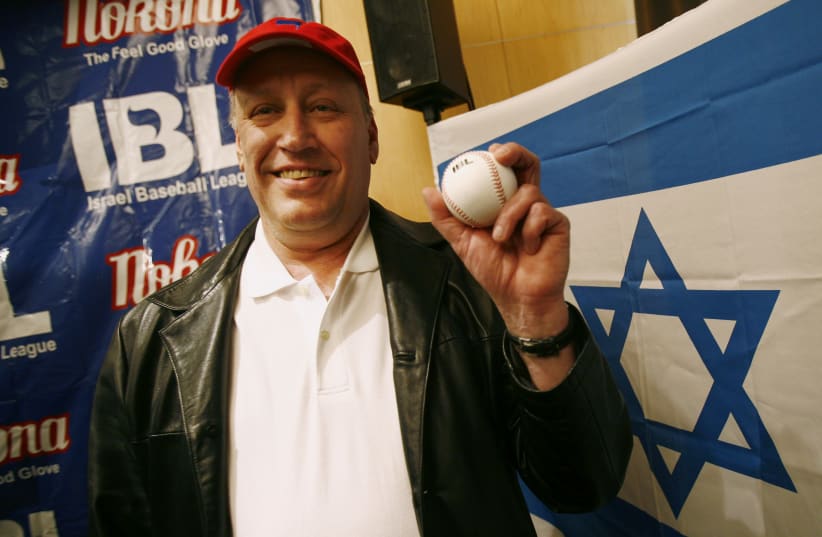Take two.
Don’t know what happened, but the original post from earlier this week disappeared like a Doc Gooden curveball. Not even a draft of it, so I’m trying to recreate it as faithfully as possible.
 It seems to many outside the area that New Yorkers have an inflated image of themselves (at least those living in Manhattan although maybe they see it as just high expectations). Everything they do has to be bigger, better, faster, more glamorous.
It seems to many outside the area that New Yorkers have an inflated image of themselves (at least those living in Manhattan although maybe they see it as just high expectations). Everything they do has to be bigger, better, faster, more glamorous.
So it’s with some sense of schadenfreude when their teams don’t do well. Which historically hasn’t been the case for the three ball clubs highlighted in Kevin Baker‘s excellent new book, The New York Game: Baseball and the Rise of a New City.
Baker takes an amazingly well-researched look at the successes — and failures — of the trio of teams that called New York home, even if, technically it was only the Giants who played there while the Yankees and Dodgers hailed from the Bronx and Brooklyn, respectively. Each borough lent its own flavor in terms of fan base and the players they signed in the era before free agency. The New York Game winds down just at the end of WWII but not to fear: Baker had enough material for an upcoming second volume that will bring readers up to date.
But moire than just baseball, Baker delves into a lot of behind-the-scenes aspects including an amazing amount of back-door politics, urban planning, and sociology. It’s kind of amazing that the city survived all that graft, corruption, and racism.
The author has made a cottage industry of writing about New York, both fiction (Paradise Alley, Dreamland, Strivers Row, The Big Crowd, et al) and non (The Fall of a Great American City). He also has two previous baseball books, one of each: Sometimes You See It Coming (his first endeavor) and Becoming Mr. October, which he wrote with Reggie Jackson.
I’ve long been an admirer of his work and was thrilled when he agreed to be a guest for a Conversation. Enjoy.
And for those of you who want the audio only version, your wish is my command.
Podcast: Play in new window | Download
Subscribe: Apple Podcasts | RSS
{ 0 comments }
 ? Sure, you can eat this stuff all year round, but would you really want to? I suppose I could ship it off to Alex Bregman…
? Sure, you can eat this stuff all year round, but would you really want to? I suppose I could ship it off to Alex Bregman…
 PRINT
PRINT
 PRINT
PRINT

 Whitey Herzog, aka The White Rat, died Monday at the age of 92. He didn’t have much of a career as a
Whitey Herzog, aka The White Rat, died Monday at the age of 92. He didn’t have much of a career as a  Finally (for now, anyway),
Finally (for now, anyway),  I’ve may have mentioned a project I’m working on: collecting obituaries of ballplayers that have appeared in The New York Times with the notion of how a player is identified in the opening lines.
I’ve may have mentioned a project I’m working on: collecting obituaries of ballplayers that have appeared in The New York Times with the notion of how a player is identified in the opening lines.

 PRINT
PRINT


 It can’t possibly be fifty years since Hank Aaron broke Babe Ruth’s all-time home run record.
It can’t possibly be fifty years since Hank Aaron broke Babe Ruth’s all-time home run record.















Time begins tomorrow
Commentary by Ron KaplanRemember all those posts about the decline of the annual baseball magazine? The same could be said for baseball previews in newspapers. There was a time when I used to collect these things, with the the help of my friends across the country. They were different from the magazines in that they had writers who […]